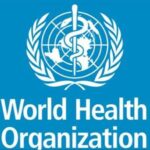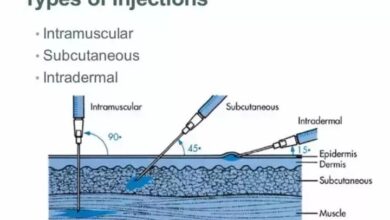What Does A Drug Safety Specialist Do?

Drug safety specialists are pharmacovigilance specialists that practice the science of collecting, detecting and preventing adverse effects (AEs) in patients who take new drugs and other pharmaceutical products. Drug safety specialists tend to have fairly diverse skill sets. Beyond having mastered the essential industry dynamics, acquired good knowledge of processes and learned how to navigate a heavily regulated space, they also have to work with large teams of people day in and day out.
A Pharmacovigilance specialist will manage pharmacovigilance cases through follow up call intake, documentation, and case processing. They will perform processing of adverse events, conduct follow up, write accurate and complete narratives in accordance with internal guidelines, SOP’s and U.S. safety regulations.
A Pharmacovigilance Specialist will maintain distinctive quality and commitment as the operating philosophy in carrying out all processes and continually seek out way to enhance the customer service experience both internally and externally.
Essential Duties and Responsibilities:
Drug safety professional are primarily engaged in case creation, reviewing for minimum safety information (MSI) which includes a patient, a reporter, a suspect medicine and an adverse event. Other responsibilities include;
- Data entry of all details readily available into safety database
- Code adverse events in the safety database
- Review and assess all required source documents, and accumulate data in an adverse event report
- Execute labeling evaluation of adverse events
- Assessing adverse event to adverse events formerly reported and listed in the product label
- Conduct daily case processing of adverse event cases including: case follow up activities, identifying information to be collected during follow-up, conduct follow-up calls and prepare written communications to obtain follow-up information, MedWatch/CIOMS, E2B Preparation, and write case narratives
- Conduct training presentations and on-the-job training for call center including the medical information and pharmacovigilance staff
- Other duties as assigned
At the FDA consumer safety officers perform duties that may include:
- investigating complaints of injury, illness, or death caused by an FDA-regulated product
- initiating actions against violators
- advising industry, state and local officials and consumers on enforcement policies, methods, and interpretation of regulations
- planning and directing regulatory programs
- developing inspection procedures and techniques
- coordinating the review process of New Drug Applications (NDAs)
Education and Experience Requirements
A pharmacy degree, bachelors degree in science, life sciences, medical, nursing or healthcare from a reputed educational institute and a minimum work experience of 4 years in the field of drug safety is required before applying for a job as a drug safety specialist. The uniqueness and the specified nature of the job aspires many degree holders to pursue their career in this line. Advanced medical technology and progression in safety features have made it easier to identify drug related issues and evoke interest of science graduates.
FDA Qualifications
Basic qualifications required for all grades in this position include:
A full course of study at an accredited college or university leading to a bachelor’s or higher degree, including 30 semester hours in one or a combination of biological sciences, chemistry, pharmacy, physical sciences, food technology, nutrition, medical science, engineering, epidemiology, veterinary medical science, or related scientific fields that provide knowledge directly related to consumer safety officer work or 30 semester hours of course work as described above plus appropriate experience or additional education. The required 30 semester hours can include up to 8 semester hours in statistics or course work that includes the principles, theory, or practical application of computers or computer programming.
To qualify for higher-graded positions, candidates must have additional amounts of either specialized experience or directly related education. The amount of additional experience or education required depends on the grade of the position.
Necessary Skills and Abilities:
- Proficient computer knowledge and computer keyboarding skills
- Proficient with Microsoft Office Suite (Outlook, Word, Excel)
- Excellent customer service skills
- Strong verbal, written, and interpersonal communication skills
- Strong writing skills
- Excellent attention to detail
- Strong organization and prioritization skills; ability to multitask
- Strong decision making skills
- Strong problem solving skills
- Ability to work independently and collaboratively in a multidisciplinary team
- Flexibility to adapt and meeting fluctuating business priorities
- Ability to occasionally work extended and/or flexible schedule to meet client requirements.





